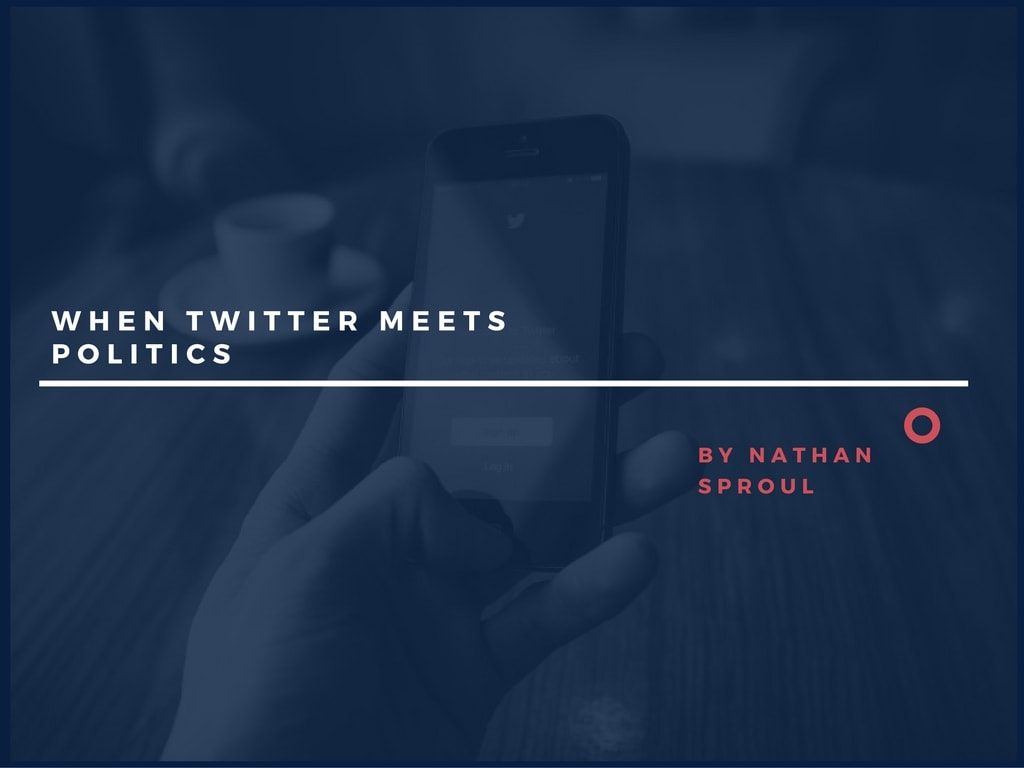Nathan Sproul|When Twitter Meets Politics

This year, Twitter celebrated its 10th anniversary. In the 10 years since Twitter launched in March 2006, the social media platform has become a foundation for everything from marketing new products and services to sharing and gathering breaking news.
As for Twitter’s influence on politics, it has been called a “force that has bolstered grassroots conversations, disrupted the top-down nature of political leadership and thought, and has given voice to groups long hidden on the political periphery,” according to writer Vann R. Newkirk II in a recent article in The Atlantic. In today’s political climate, writes Newkirk, “a candidate without Twitter is a losing candidate.”
The profound reach of Twitter goes beyond its 320 million users. Twitter “drives the media conversation,” says Mashable, and that conversation carries over into other mediums.
Consider the Republican response to the Senate Democrats’ 14-plus hour filibuster and the subsequent 24-hour sit-in over gun control this summer. USA Today reported that half a million people tweeted about the filibuster, many of whom were conservative politicians and citizens typing the #filibuster hashtag to express their dismay that Senate Democrat Chris Murphy would lead such a disruptive, prolonged action.
Although Fortune wrote that “Twitter and its live-streaming service Periscope couldn’t have orchestrated a better marketing campaign than what took place inside the House of Representatives on Wednesday,” many others disagreed with the Democrats’ brash strong-arming via its ongoing social media broadcast. What the left-leaning media had deemed as a successful marketing campaign was seen by numerous other thoughtful people as forceful partisanship that eschewed a meaningful attempt to rationally or meaningfully interact with lawmakers from across the aisle.
Certainly, no politician should forgo Twitter; the platform can be essential when it comes to connecting with constituents, promoting campaign stops and talking points, and becoming a political influencer. However, the future of politics and Twitter is unclear. Writer Jim Geraghty, ever unafraid to say what the rest of us are thinking, penned a recent column for The National Review about the double standards of Twitter.
Said Geraghty:
“We can work to create a more polite, respectful political discourse that involves censoring voices that use the most incendiary or offensive language. Or we can have a no-holds-barred, anything goes, First Amendment-absolutist one. I could operate happily in either. But whatever standard there is, there has to be one standard for everyone; those who see their job as policing discourse for ”appropriate” tone and language must apply the same rules to conservatives and liberals, libertarians and populists, the extreme Right and the extreme Left.”
